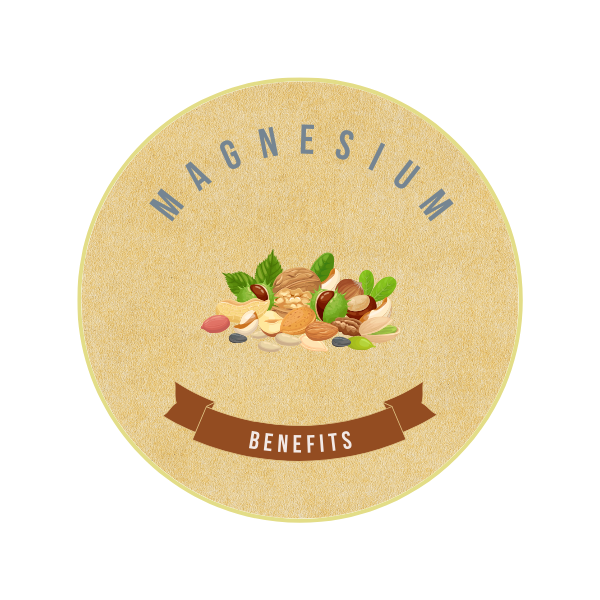The Role of Magnesium in Sleep and Recovery: A Science-Based Approach

Let’s maintain a balance between daily responsibilities and personal health can often seem like a high-wire act. The significance of sleep and muscle recovery cannot be overstated, serving as foundational elements that support overall well-being, energy levels, and longevity. One mineral, magnesium, plays a pivotal role in enhancing both sleep quality and recovery from exercise. Let’s delve into the science behind magnesium’s benefits.
Understanding Magnesium’s Role
Magnesium, functions range from supporting muscle and nerve function to aiding in the metabolism of food, synthesis of fatty acids and proteins, and the transmission of nerve impulses.
Magnesium and Sleep Quality
It helps regulate the body’s stress-response system, reducing cortisol levels—the “stress hormone” that can keep us awake at night. Moreover, magnesium aids in the activation of the parasympathetic nervous system, responsible for calming the body and leading to relaxation. It’s also involved in the production of melatonin, the hormone that regulates sleep-wake cycles.
Magnesium for Muscle Recovery
For active individuals, magnesium’s benefits extend into muscle recovery. It’s anti-inflammatory properties can help reduce muscle soreness post-exercise. Magnesium also influences the body’s use of glucose, providing energy to muscles during physical activity and aiding in the recovery process.
Magnesium’s Role in Anxiety Relief
Magnesium has been shown to have a calming effect on the nervous system. It regulates neurotransmitters that send signals throughout the brain and body and binds to gamma-aminobutyric acid (GABA) receptors, promoting a calming effect.
Types of Magnesium
Not all forms of magnesium are created equal, and some are more beneficial for specific health outcomes than others:
- Magnesium Citrate: Easily absorbed by the body, and due to its natural laxative effect, it’s also sometimes used at higher doses to treat constipation.
- Magnesium Glycinate: Highly bioavailable and gentle on the stomach, ideal for relaxation and anxiety relief without the laxative effect.
- Magnesium Malate: Often recommended for muscle recovery and energy production, making it a good choice for active individuals.
Incorporating Magnesium into Your Wellness Routine
Dietary Choices: Incorporate magnesium-rich foods into your diet, such as leafy green vegetables (spinach, kale), nuts and seeds (almonds, pumpkin seeds), whole grains (brown rice, quinoa), and legumes (black beans, chickpeas).
Supplementation: For those who may not get enough magnesium from their diet, supplements can help fill the gap.
Exercise for Recovery: Engage in activities that promote relaxation and muscle recovery, such as gentle stretching, especially before bedtime. These practices can enhance the magnesium’s effects on muscle relaxation and sleep.
Mindfulness and Relaxation Techniques: Incorporating mindfulness and relaxation techniques, such as meditation or deep-breathing exercises, can further complement magnesium’s benefits for sleep and recovery.
Final Thoughts
Magnesium’s multifaceted role in supporting sleep, muscle recovery, and anxiety relief makes it a cornerstone mineral for women aiming to maintain their strength, vibrancy, and well-being amidst the demands of daily life.
Remember, the journey to wellness is personal, and finding the right balance of nutrients, exercise, and self-care is key to thriving at any age.

